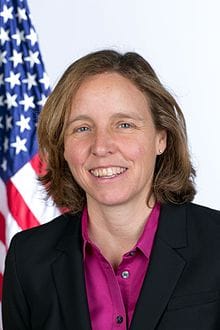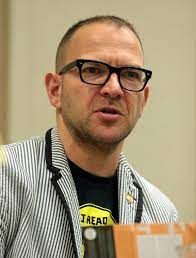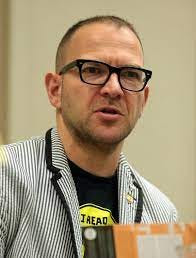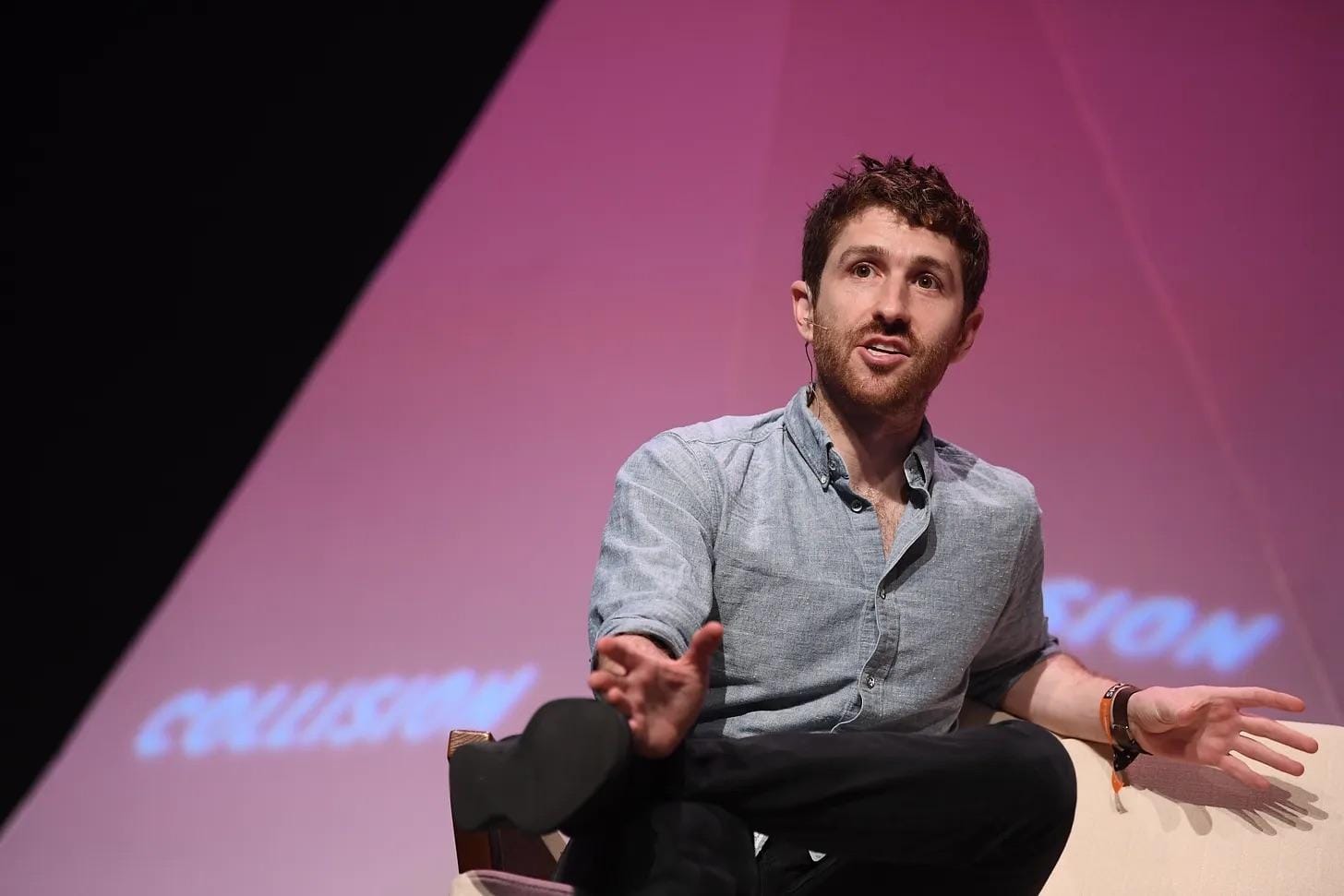Five Healthy Alternatives To Elon Musk
If you’re the kind of person who would have backed Nicola Tesla over Thomas Edison, or someone who remains puzzled as to why we’re not all using Linux, this list is for you.

Celebrity worship is basic human nature. It may stem from our innate fear of death, as Terror Management Theory suggests. Or, it might be the halo effect, a phenomenon in which a person assumes excellence in one domain translates into excellence in all domains. Regardless of the reason, the fact remains that, for much of society, celebrity worship meets core human psychological needs.
So it makes sense, given our tech-centered society, that technologists have become the new cult of personality messiahs. Especially rich technologists, since humans associate wealth with all kinds of positive qualities, regardless of whether that relationship actually exists or not.
Enter Elon Musk.
Whatever your opinions of Musk, when it comes to celebrity worship of a technologist, or even the tech adjacent intelligentsia, we can all do so much better.
This is a list of five other technologists, thought leaders and other highly intelligent people worthy of your celebrity worship. Some of these people are also fabulously wealthy, if that helps.
The people on this list are also actively engaged in tangible, impactful work that protects free speech and privacy, promotes an open, user-based internet, and generally explores ways technology can advance all of humanity.
Even better, these five people have achieved great things in the tech space without pre-holiday mass layoffs at newly-acquired companies, overpaying themselves and their corporate board at other companies they run part time, or resorting to adolescent jokes. And the government didn’t need to bail their companies out, either.
If you’re the kind of person who would have backed Nicola Tesla over Thomas Edison, or someone who remains puzzled as to why we’re not all using Linux, this list is for you.
1. Fei-Fei Li, co-director of Stanford’s Human-Centered AI Institute


Fei-Fei Li was fighting the discrimination perils of AI before AI was cool.
Li’s contributions to AI research and development include work in computational neuroscience, or helping AI better use machine learning so it’s better at recognizing visual images. She also served a brief stint as Google’s vice president from 2017 to 2018. During that time, she was the Google Cloud AI and machine learning chief scientist.
In 2017, this pioneering computer scientist founded AI4ALL, a nonprofit that actively recruits, trains and mentors minority and under served students to work in AI.
Given the emerging biases already prevalent in learning modules, this impactful contribution to the emerging field of generative AI will help prevent or exacerbate inequities already present in STEM spaces.
2. Megan J. Smith, founder of shift7 and first woman U.S. CTO


Megan J. Smith, an engineer and technologist, was the third Chief Technology Officer of the Unites States and the first woman appointed to the position.
She served the Obama administration from 2014 to 2017. During that time she created the Computer Science for All initiative. The program aims to bring computational thinking skills to students from kindergarten through high school, partly by making computer science part of standardized curriculum.
Smith, a former vice president of Google and lifetime MIT board appointee, is also a member of the Council on Foreign Relations.
She is also a co-founder founder of shift7, an organization that fearlessly takes on huge societal issues through “tech-forward innovation and inclusive collaboration for faster, scaled impact.”
3. Radia Perlman, the “Mother of the Internet”


Do you use the internet? Take a moment and give thanks to Radia Perlman, a network engineer, mathematician, and computer programmer.
The “Mother of the Internet” invented the algorithm on which Spanning Tree Protocol is based. For you non-tech people, that’s basically kinda-sorta what makes the networking part of an Ethernet connection function.
The STP standards are still in place today. Perlman has gone on to create some 80 patents for network technologies and co-wrote or authored two textbooks. Currently, Perlman’s work focuses on network security and making STP more secure and able.
4. Cory Doctorow, co-founder of the U.K. Open Rights Group


Cory Doctorow is an author and activist who has written about tech, society, censorship, privacy, economics and all their intersecting permutations in just about every format and genre imaginable.
But that’s not why he’s on this list.
Doctorow earns his spot for co-founding or working with organizations that impactfully advocate for a secure, open, privacy-centric internet.
One of those organizations is the U.K. Open Rights Group which works to reign in internet surveillance with eagle-eyes oversight of the Online Safety Bill and other legislation. It is also fighting the good fight to stop online censorship, rallying behind the cry to arms of, “What should be legal to say should be legal to type.” Finally, they work to mitigate the negative impacts of data driven technology.
The U.K. Open Rights Group doesn’t just tweet and blog about these issues. It equips advocates and organizers in practical, actionable ways to change laws, systems and societal perceptions.
It’s worth noting who co-founded the U.K. Open Rights group with Doctorow. These are yet more impressive, admirable people who deserve far more media coverage than they get. Specifically, we mean Suw Charman-Anderson, Rufus Pollock, Louise Ferguson, Danny O’Brien, Ian Brown, James Cronin, and Stefan Magdalinski.
Doctorow has also worked extensively with the Electronic Frontier Foundation, popularly known as the EFF, as its European Director. The EFF is mostly known for filing many lawsuits that are the tip of legal spear that protects what digital freedom we have left.
Finally, one simply cannot mention Cory Doctorow without recommending some of his work. For nonfiction, check out How to Destroy Surveillance Capitalism. Doctorow’s blog Pluralistic, also available as a newsletter, is invariably a worthwhile read as well.
If you prefer fiction, check out Radicalized, a collection of four short stories that are chilling in their prescience, particularly Unauthorized Bread. Literary nerds will appreciate the modern take on Edgar Allan Poe’s Masque of Red Death that Doctorow tells in an eponymous story
5. Tristan Harris, co-founder of the Center for Humane Technology

Tristan Harris co-founded the highly influential Center for Humane Technology. He is also the co-host of the thought provoking podcast Your Undivided Attention.
Most people know Harris from the documentary The Social Dilemma, but he’s actually been shmoozing with heads of state, chief technologists, entrepreneurs and tech leaders for well over a decade. We can all be grateful for that, too, since** his work primarily aims to make tech as beneficial to humans as possible.**
CHT is notable for its solutions-focused approach that enables everyone – whether a technologist, teacher or simply a human on this planet – to actively work to create a tech-positive world.
But wait – there’s more!
These are just a few of the amazing technologists who are inventing, questioning, improving tech. They do the hard, unglamorous work of ensuring our future AI avatar overlords are at least benevolent rulers.
Disagree with this list? Have a technologist you think should have been included? Kvetch to your heart’s content on the TEC Discord server.
Need more TEC in your life?
Sign up for our AZ Tech Law & Policy newsletter to keep up with the latest tech-related laws, regulations and government debates or decisions.
Have something to say? Join the discussion on our Discord server.
See something you think should be in this newsletter? Contact us.
This newsletter, unless otherwise bylined, is written by TEC’s CEO & Co-Founder, Christina Eichelkraut, a formally educated and experienced print reporter.
When or if generative AI is used, full disclosure on its use and application will be appended to the article. Christina tends to write her own copy, so that will be pretty rare.
Should you find this publication valuable, we humbly request your support.
TEC is a 100 percent volunteer driven nonprofit 501(c)3. Donations support our infrastructure costs, such as our domain name hosting and the insurance policy that enables us to sponsor events and tech meetups, including our Privacy Meetup.

